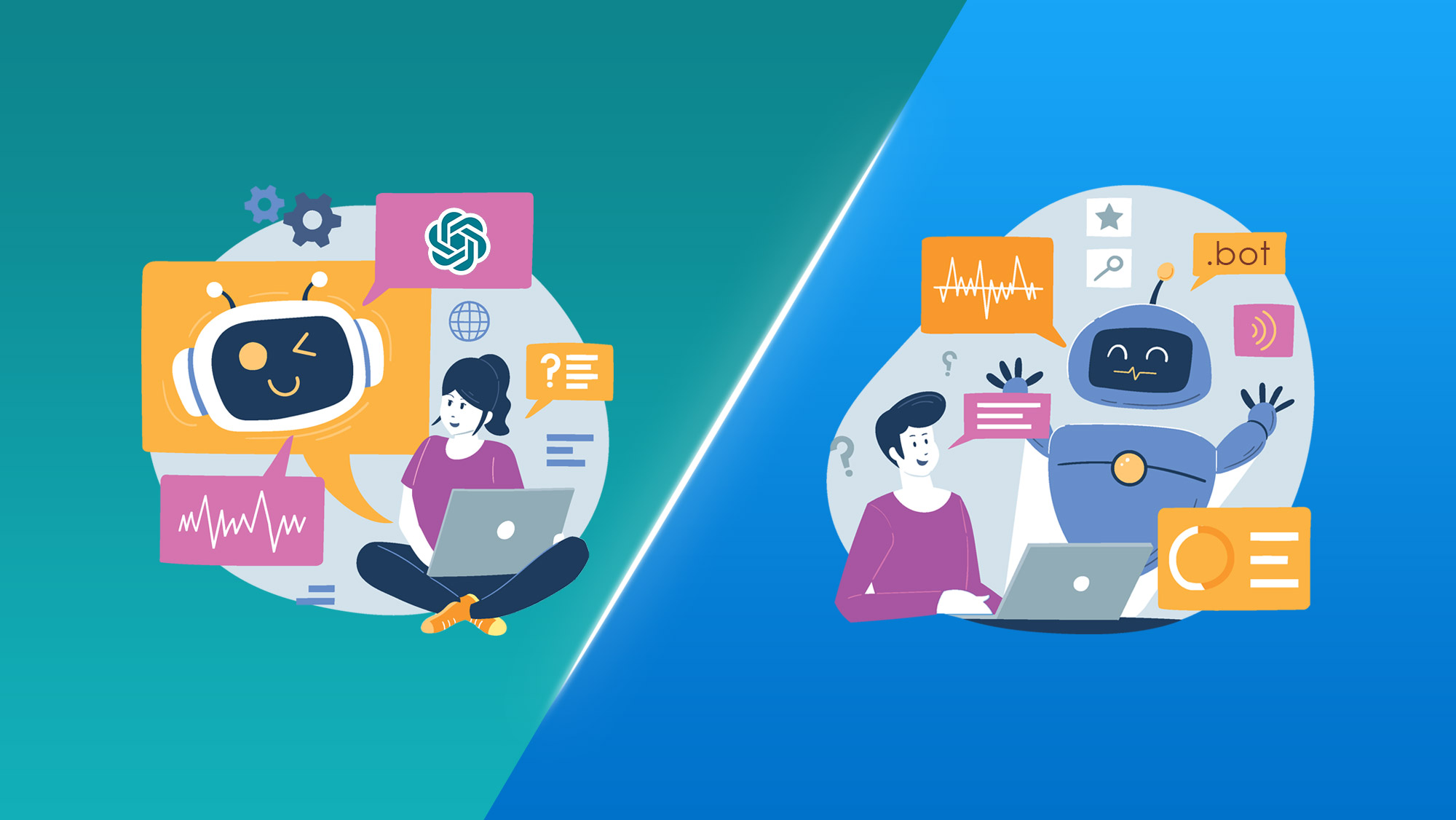
Chatbots have become increasingly popular over the past few years, with businesses and organizations of all sizes using them to improve customer service and streamline processes. Among the various chatbot solutions available in the market, ChatGPT is emerging as a leader in natural language processing and conversational AI. In this blog, we will compare ChatGPT with other chatbot solutions to help you decide which one is right for you.
ChatGPT is a language model developed by OpenAI based on the GPT-3.5 architecture. It uses natural language processing (NLP) and machine learning algorithms to understand and respond to user queries in a conversational manner. ChatGPT can be trained on various datasets and can understand a wide range of languages, making it a versatile chatbot solution.
There are many chatbot solutions available in the market, each with its own strengths and weaknesses. Here are some of the most popular chatbot solutions:
1. Dialogflow
Dialogflow is a chatbot platform developed by Google. It uses NLP to understand user queries and provides pre-built integrations with various services such as Google Assistant, Facebook Messenger, and Slack. Dialogflow also allows developers to create custom integrations using webhooks.
2. Watson Assistant
Watson Assistant is an AI-powered chatbot solution developed by IBM. It uses NLP and machine learning to understand user queries and can be trained on custom datasets. Watson Assistant also provides pre-built integrations with various services such as Slack, Facebook Messenger, and Twilio.
3. Amazon Lex
Amazon Lex is a chatbot platform developed by Amazon Web Services. It uses NLP and machine learning to understand user queries and can be integrated with various services such as Amazon Alexa, Facebook Messenger, and Slack. Amazon Lex also provides built-in voice recognition and speech-to-text capabilities.
When comparing ChatGPT with other chatbot solutions, there are a few key factors to consider:
1. Natural Language Processing (NLP)
ChatGPT uses advanced NLP algorithms to understand and respond to user queries in a conversational manner. Other chatbot solutions such as Dialogflow and Watson Assistant also use NLP, but ChatGPT's language model is more advanced and can understand a wider range of languages.
2. Integration Options
All the chatbot solutions mentioned provide integrations with various services such as Facebook Messenger, Slack, and Alexa. However, ChatGPT provides more customization options for integrating with custom platforms.
3. Machine Learning Capabilities
ChatGPT and Watson Assistant both provide advanced machine learning capabilities for training the chatbot on custom datasets. Dialogflow and Amazon Lex provide some machine learning capabilities but are more focused on pre-built integrations.
Chatbots have become a popular solution for businesses and organizations looking to improve customer service and streamline processes. When choosing a chatbot solution, it's important to consider factors such as NLP capabilities, integration options, and machine learning capabilities. While all the chatbot solutions mentioned in this blog have their strengths, ChatGPT's advanced NLP algorithms and versatile language model make it a top choice for businesses looking for a customized chatbot solution.
These Stories on OpenAI ChatGPT
No Comments Yet
Let us know what you think